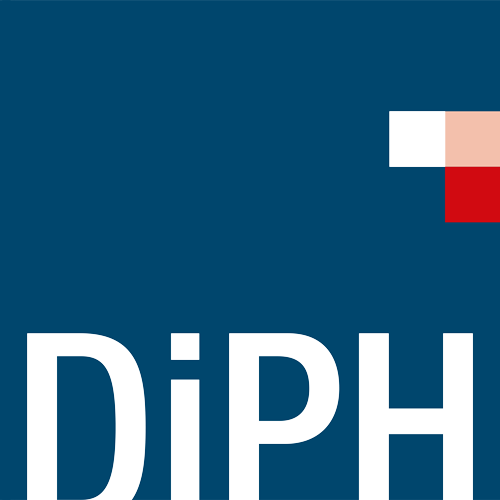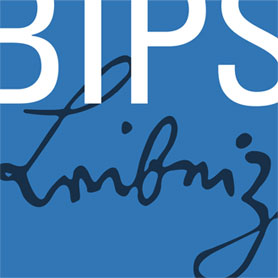Mosquitoes are not only annoying bloodsuckers, but also transmitters of dangerous diseases such as dengue fever. Every year, millions of people worldwide become infected, especially in tropical regions. But how can digitalization help to detect outbreaks faster and stop the spread of the disease?
In this episode, host Rasmus Cloes talks to Jennifer Horstmann, a doctoral student at the University of Bremen. She talks about her work on the DENCAI project, which was awarded the University of Bremen Transfer Prize and is improving dengue control in Thailand using artificial intelligence and mobile apps. An algorithm detects suspicious cases of the disease and supports local health workers in tracking and analyzing them. We take a look behind the scenes of development: What challenges are there in digitalizing public health in emerging markets? How does the collaboration between computer science and public health work? And could such technology also play a role in Europe, where dengue mosquitoes are increasingly spreading due to climate change?
A particularly exciting part of the episode: Jennifer explains how students can actively participate in such projects and why the interaction of different disciplines is so important. We also learn how the experiences from Thailand can be transferred to other diseases and regions. Tune in and learn how digital public health solutions can change the world!






